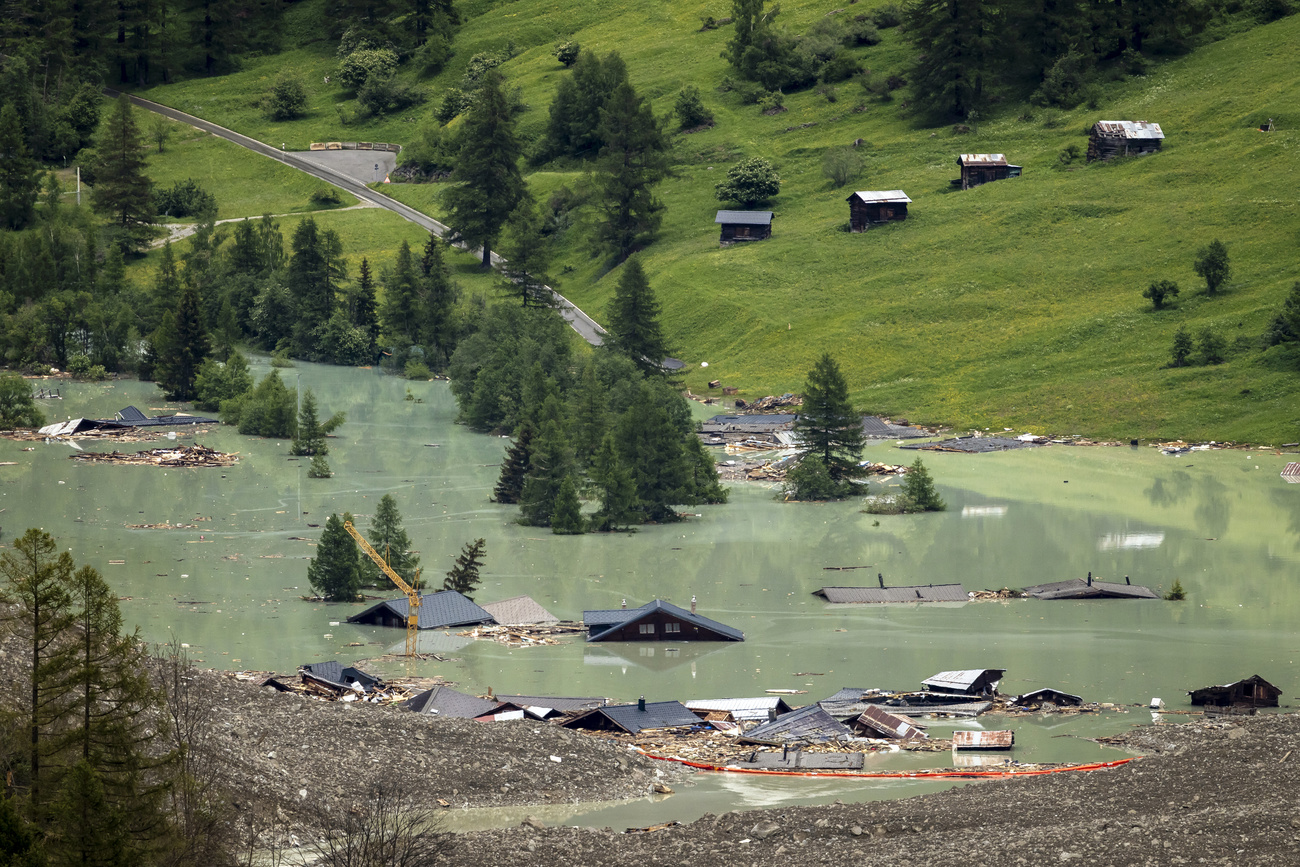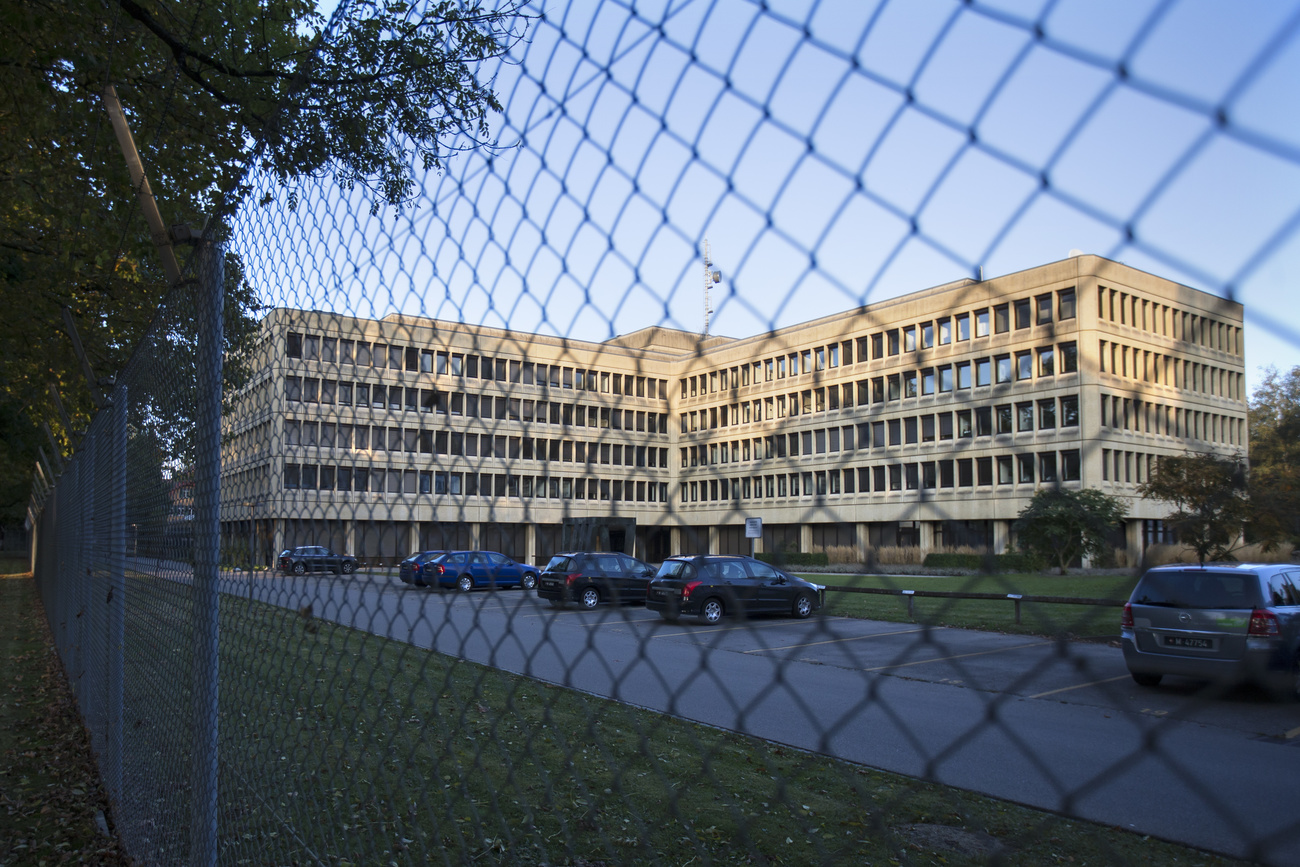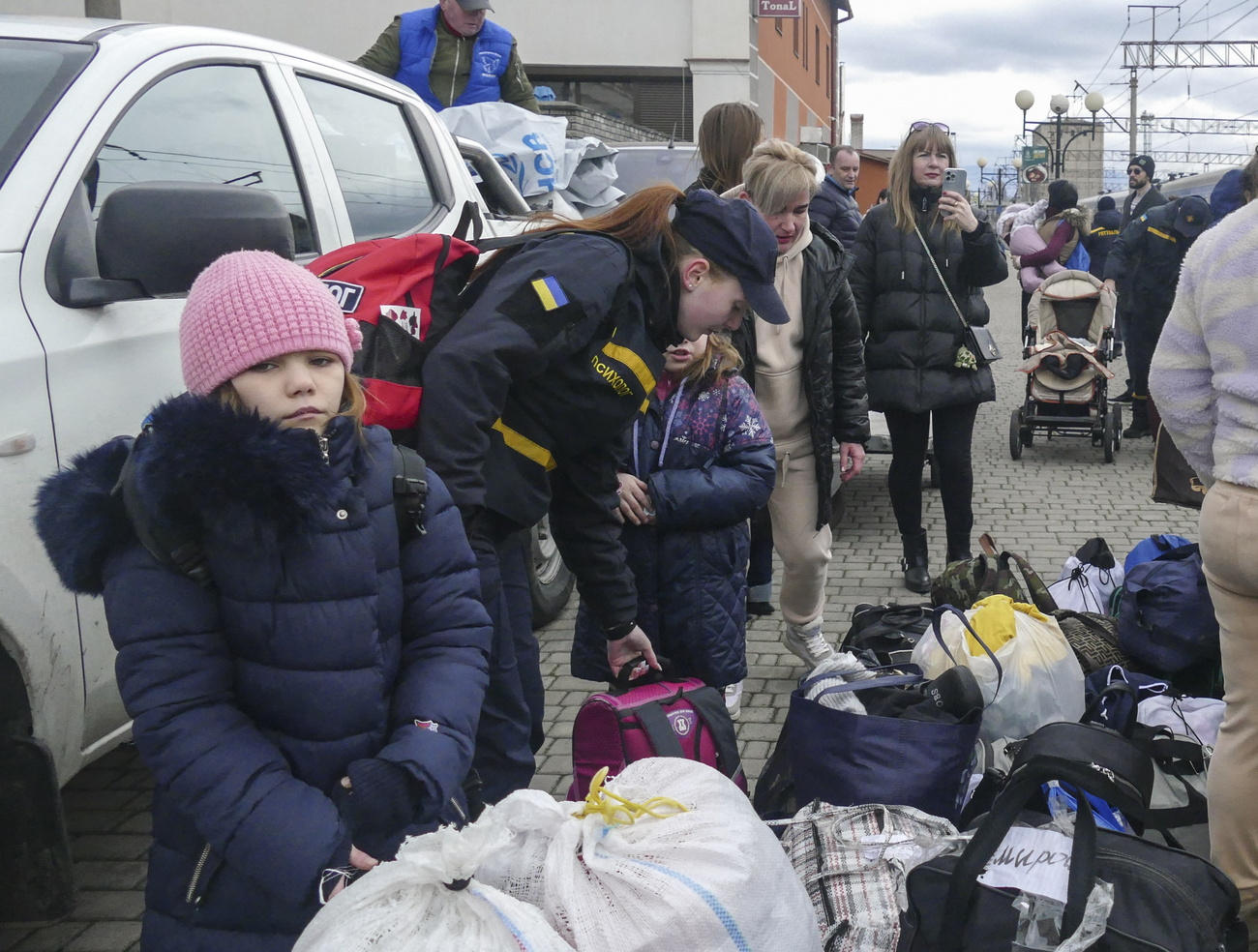

The Week in Switzerland
Dear Swiss Abroad,
Welcome to our selection of some of the biggest – and most colourful – stories in Switzerland over the past seven days.
If only everything was as harmonious as the “peace raclette” held between a Swiss village and a French village on Sunday. Instead, this week saw arguments on how – and whether – to rebuild the landslide-hit village of Blatten, heavy criticism of the Swiss foreign minister for his silence on Gaza, allegations that a government cybersecurity team leaked information to Russia, and a motion to ban government ministers from speaking English at international organisations.

The dust had barely settled on the Swiss village of Blatten, buried by a landslide on May 28, when questions started being asked about the cost of subsidising mountain communities. How much should be spent on protecting mountain regions? How much are the Alps worth to society?
“The rockfall in Blatten once again demonstrates the vulnerability of the Alpine region,” the NZZ am Sonntag wrote in an editorial. “Financial and burden-sharing for the mountain regions will reach their limits. The question of the proportionality of investments can’t be ignored for much longer.”
As the Alps crumble in the face of climate change, disasters such as Blatten – in which, miraculously, only one person is thought to have died – are going to raise more fundamental questions for Switzerland than the logistical removal of debris.
A few days before the Blatten landslide, the Tages-Anzeiger reported on a new protective wall for the village of Bondo in southeastern Switzerland, hit by a landslide in 2017 in which eight people died. The paper wondered whether the CHF53 million ($65 million) wall could be justified for a village of 200 people.
Should Blatten even be rebuilt? On Wednesday the Tages-Anzeiger asked one journalist to argue yes (“a Switzerland that abandons its mountain villages is abandoning itself”) and one to argue no. “A strategic withdrawal from high-risk areas is responsible,” the latter wrote. “We have to give some places back to nature. This is not a surrender. It is an act of respect towards forces that we cannot control.” Reader responses were predictably polarised.
National identity, solidarity, cohesion: the consequences of the landslide on May 28 will be felt far beyond Blatten.

Foreign Minister Ignazio Cassis has probably had easier weeks. In response to growing criticism of Swiss silence on the Israeli-Palestinian conflict – including from within the foreign ministry – Cassis on Tuesday admitted that Israel is failing in its obligations by hindering humanitarian aid to Gaza.
But in interviews with Swiss public broadcasters RTS and RSI he refused to join international criticism of the Israeli government, saying the Palestinian militant group Hamas was also responsible for the current situation.
His comments did little to calm his critics. “Ignazio Cassis finally speaks, and it’s worse than silence” was the headline of an editorial in Le Temps. “His words were at odds with those of most of the other foreign ministers: no clear denunciation of the Israeli army’s actions, no empathy for all the Palestinian victims.”
Cassis, the paper said, was “completely blinded by his dogmatism” and that “by sticking to his own vision of neutrality”, he was forgetting Switzerland’s humanitarian tradition. Le Temps concluded it was now up to the government and Swiss President Karin Keller-Sutter “to regain the upper hand, to reiterate Switzerland’s values and firmly denounce the horrors suffered by the people of Gaza. Lives are at stake, and so is Switzerland’s image in the world”.

Employees of the Federal Intelligence Service (FIS) have been cooperating with Russian contacts for years, according to research by SRF Investigativ published on Wednesday.
Highly sensitive data allegedly ended up in the hands of the Russian intelligence services via the Russian cybersecurity firm Kaspersky. The FIS told SRF Investigativ that it “does not comment on secret reports to the media” but it had “filed a criminal complaint against persons unknown with the Office of the Attorney General of Switzerland (OAG) on suspicion of violating official secrecy”.
On Thursday Swiss public broadcaster SRF reported that the independent supervisory authority for intelligence activities, AB-ND, had also filed a criminal complaint with the OAG “several months ago”. Neither the AB-ND nor the OAG is making any comment.
The justice ministry is reportedly now dealing with the criminal complaint and must decide whether the OAG is authorised to initiate criminal proceedings. In order to protect the interests of the country, the justice ministry can also prohibit criminal prosecution.
It’s a dilemma, SRF said. “On the one hand, investigations into the intelligence service could further damage the already tarnished reputation of the FIS, especially with important foreign partner services. On the other hand, there is a fundamental public interest in criminal prosecution.”

Swiss government ministers have been told to not speak English when representing Switzerland in international organisations. “Absurd,” reckons the current Swiss president.
The president should use one of Switzerland’s four national languages (French, German, Italian and Romansh) when communicating with international organisations that have one of these languages among their official working languages, according to a motion passed by the House of Representatives on Wednesday. The Senate had already backed it.
With such a motion “I will no longer have the right to speak in English with leaders of other countries and organisations”, declared Finance Minister Karin Keller-Sutter, who holds the rotating Swiss presidency this year. Keller-Sutter, who speaks good EnglishExternal link, said the motion was “absurd”. Parliamentarian Nicolò Paganini argued that Switzerland “may find itself having to take an interpreter to the table when all the other participants speak English”.
The result, it was argued, would be unnecessary costs and an attack on Switzerland’s top priority, which is to put its interests first. A minority of parliamentarians agreed.

The week ahead
As part of a European tour, Australian musician Nick Cave will be playing two solo shows in Zurich on Tuesday and Wednesday.
Friday is UN International Albinism Awareness Day, which highlights the need to prevent skin cancer in people with albinism. About 500 such people live in Switzerland.
Saturday is June 14 and therefore women’s strikes will take place in several Swiss cities.
Edited by Samuel Jaberg/ac

In compliance with the JTI standards
More: SWI swissinfo.ch certified by the Journalism Trust Initiative




























